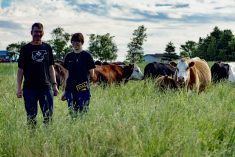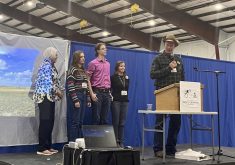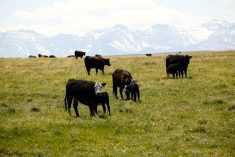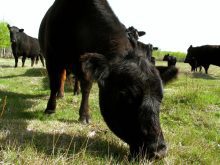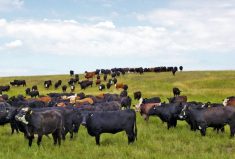Cows on the Planet is a new podcast series designed to present balanced, science-based information on beef production, environmental issues and related topics to consumers. Dr. Kim Stanford, University of Lethbridge livestock pathogen researcher; Dr. Tim McAllister, one of Agriculture Canada’s leading ruminant nutritionists and microbiologists at Lethbridge; and David Hill, University of Lethbridge, have teamed up with Beef Cattle Research Council and Canada Beef to produce 36 podcasts that will highlight science-based information about the beef industry for the Canadian consumer. The podcasts discuss various beef management practices and technologies and related controversial issues raised in the public press.
“Publicly funded research scientists have an obligation to share their knowledge and research results in simple terms to the general public,” says McAllister. Doing so allows people to make informed decisions, rather than relying on information that may be biased or inaccurate, he adds.
“If agricultural scientists don’t step up and present their knowledge then we are at the risk of extremists dominating the information flow.
Read Also
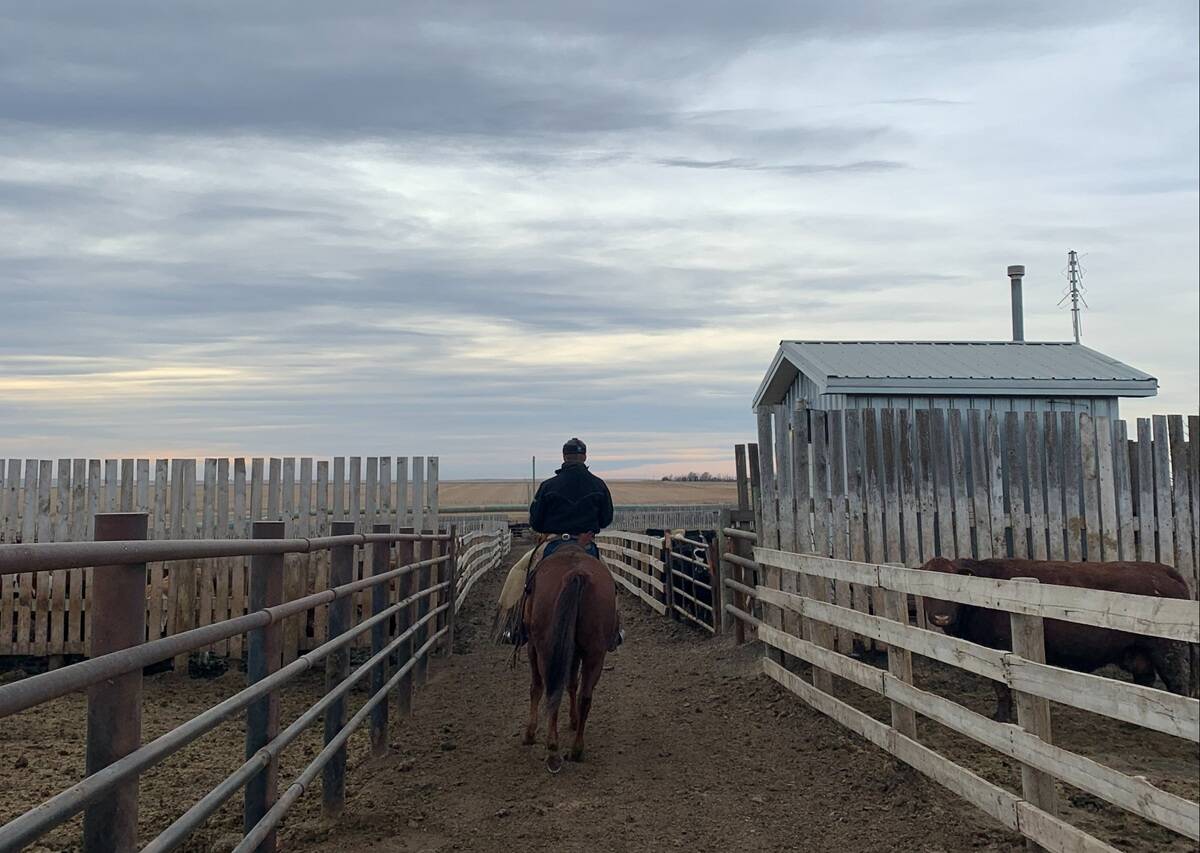
Pen riders still better than tech at detecting respiratory disease in feedlot cattle, says researcher
Recent research found that pen riders are better than tech at flagging signs of BRD in feedlot cattle
“Our podcasts are designed to target the consumer,” says Stanford. “We are not defending the Canadian cattle and meat industry, but we want to present a balanced approach for the consumer to make informed decisions. We discuss the claims that animal agriculture is the leading cause of negative impacts on global warming, water depletion, deforestation and species extinction, as often presented in the press.”
On each of the 30-minute podcasts, the co-host interviews leading world scientists and experts in various fields. Cows on the Planet presents the science and history on the issue or topic and Stanford and McAllister don’t hold back on inaccurate or biased science that has previously been presented to the public.
At time of writing in March, the team had presented about half of their 36 podcasts with approximately 5,000 downloads from 20 different countries. Listeners hail from every continent, except Antarctica, says McAllister.
“While we emphasize the facts, we also try to keep it light, so we are looking forward to our first penguin listener from Antarctica,” says McAllister. “We are relying a lot on social media platforms of Twitter, Facebook and Instagram to get our message to consumers. We have had coverage by several agricultural publications, but it has been very difficult to spread the word in the popular press in the big cities. Seems to be a struggle to get them to pay attention. I think many take their beef for granted and are happy to focus on topics that they think are more important.
“We have had interviews with most of the animal science-related departments in Canada and we continue to reach out to them. In some cases, we are talking to the converted, but hopefully, listeners will act as ambassadors to spread the word about our podcasts to their city friends.”
The Cows on the Planet podcast can be found by simply searching the internet or podcast player apps.



